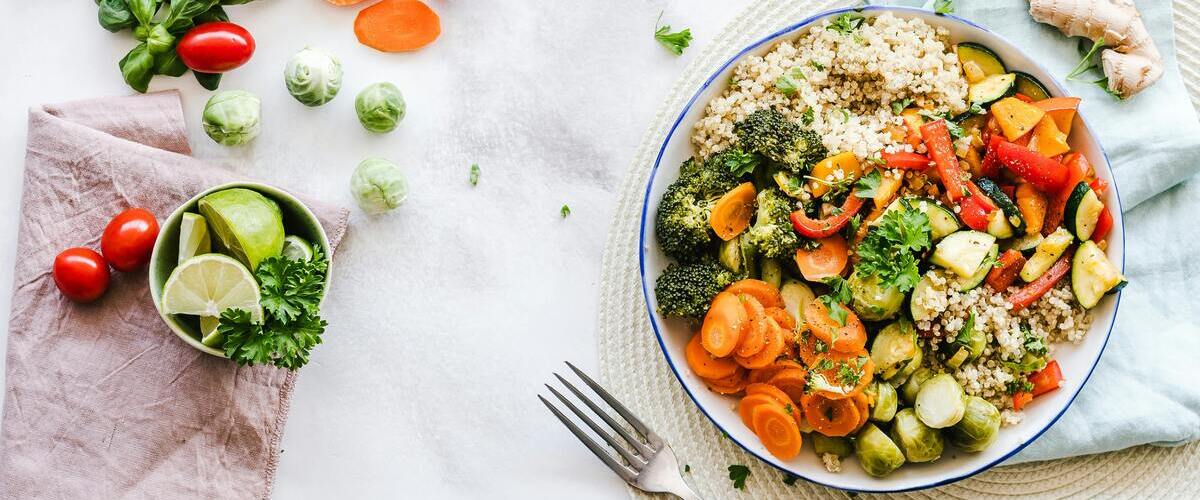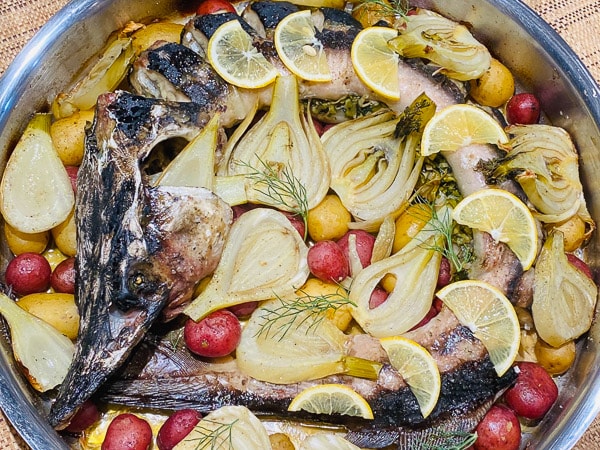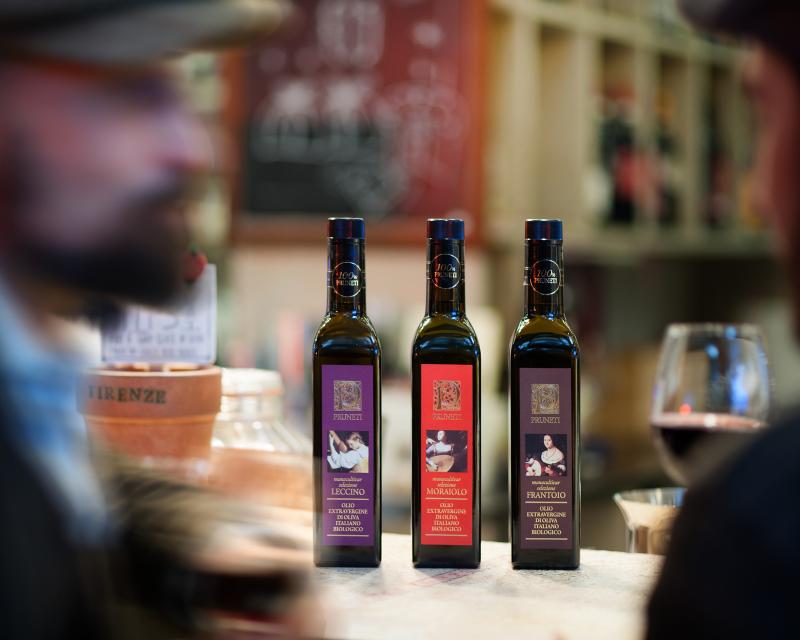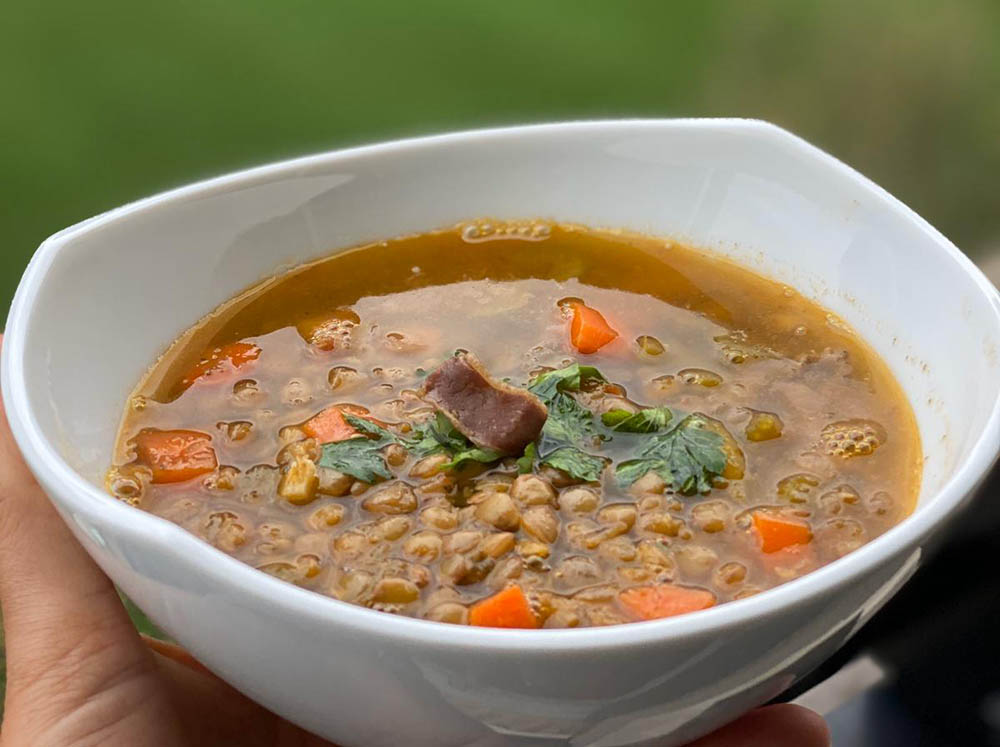Exploring Heirloom Vegetables: Preserving Biodiversity and Rediscovering Forgotten Flavors
Are you looking to bring some exciting, unique flavors into your kitchen? Then look no further than heirloom vegetables! These flavorful gems carry traces of our agricultural heritage and have been passed down over the generations for their outstanding taste. Rediscovering forgotten varieties is an incredibly rewarding venture — not only allowing us to appreciate the vibrant history of food cultivation but also helping preserve biodiversity. With this blog post, we’ll explore why heirloom vegetables are so important for our planet and what keeps them truly special in today’s culinary world. Read on to learn how preserving these distinctive flavors can help build a more sustainable future!
What are Heirloom Vegetables and Why Do We Need To Preserve Them

Heirloom vegetables, unlike their commercially grown counterparts, have been passed down from generation to generation. These vegetables have been carefully cultivated by farmers for centuries, and their unique flavor and nutritional value cannot be replicated by genetically modified crops. Sadly, the rise of industrial agriculture has caused the disappearance of many heirloom vegetable varieties. It is our responsibility to preserve these precious vegetables, not only for their delicious taste but for the cultural and historical significance they represent. By preserving heirloom vegetables, we can ensure biodiversity in our food system, and we can honor the hard work and dedication of those who came before us.
The Benefits of Eating Heirloom Vegetables
Eating heirloom vegetables is not only good for the soul, but it's also great for your health. These types of vegetables have been passed down from generation to generation, and they have a higher nutritional value than hybrid or genetically modified options. Not only are they packed with essential vitamins and minerals, but they're also bursting with flavor that is unparalleled to any other vegetable you'll find at the grocery store. Heirloom vegetables are often grown using sustainable farming methods, which means that they're better for the environment and the farmers who grow them. So, if you're looking for a delicious and healthy addition to your diet, look no further than heirloom vegetables!
How to Find Heirloom Varieties and How to Grow/Cook With Them
Heirloom varieties are the jewels of the plant world. From the smell of a freshly picked tomato to the taste of a ripe watermelon, heirloom varieties offer a level of flavor and diversity that simply can't be found in commercial produce. These plants, which have been handed down through generations of gardeners, also carry with them a rich history and a connection to the past. Today, finding heirloom seeds has become easier than ever, with online retailers and local farmers' markets offering a wide variety of options. Once you have your seeds, the next step is to grow and cook with them. From heirloom tomato sauces to beet and Swiss chard salads, the possibilities are endless when it comes to incorporating these unique flavors into your culinary creations. Whether you're a seasoned gardener or a curious beginner, exploring the world of heirloom varieties is a journey you won't regret taking.
Tips for Preserving Biodiversity Through Food
As a society, we often overlook the impact our food choices have on the environment around us. But did you know that making conscious decisions about the food we consume can greatly contribute to the preservation of biodiversity? One of the simplest ways to do this is by incorporating more plant-based options into our diets. Not only do fruits and vegetables require less land, water, and resources to grow, but they also support various animal species that depend on their natural habitats. Additionally, we can support local farmers who prioritize sustainable and ethical farming practices. By being mindful of our food choices, we can join the fight to preserve the amazing diversity of life on this planet for generations to come.
The Future of Heirloom Vegetables and Sustainable Agriculture Practices
As we become more conscious of the impact our actions have on the environment, sustainable agriculture practices have become a crucial topic of conversation. In this context, the concept of heirloom vegetables has gained renewed importance. These vegetables are grown from seeds that have been passed down through generations and are often more nutrient-dense and flavorful than their modern counterparts. Furthermore, using heirloom seeds helps preserve genetic diversity and supports small-scale farmers. If we want to ensure a sustainable future for agriculture, we must not only embrace heirloom vegetables but also adopt farming practices that prioritize soil health, biodiversity, and crop rotation. By doing so, we can create a more resilient and nutritious food system for generations to come.
Heirloom vegetables, not only with their interesting shapes and colors but also their unique flavors, provide an incredible way to help preserve biodiversity in our food system. With heirloom varieties becoming more and more accessible, it's easy to incorporate them into your diet and join the heirloom preservation movement! Plus, growing heirloom vegetables adds richness to gardens that will no doubt bring joy to the farmer. Heirloom cooking is a great way to express our individual creativity and learn about the cultures that preserve these heritage recipes. Ultimately, we must support sustainable agriculture practices that guarantee farmers' rights and environmental protection if we hope for a successful future of preserving heirloom varieties. We have an incredible opportunity today through embracing heirloom vegetables to take charge of our food systems by celebrating their flavors in the kitchen, connecting them to our ancestral pasts, and ultimately preserving responsibility for our communities' present and future health.






